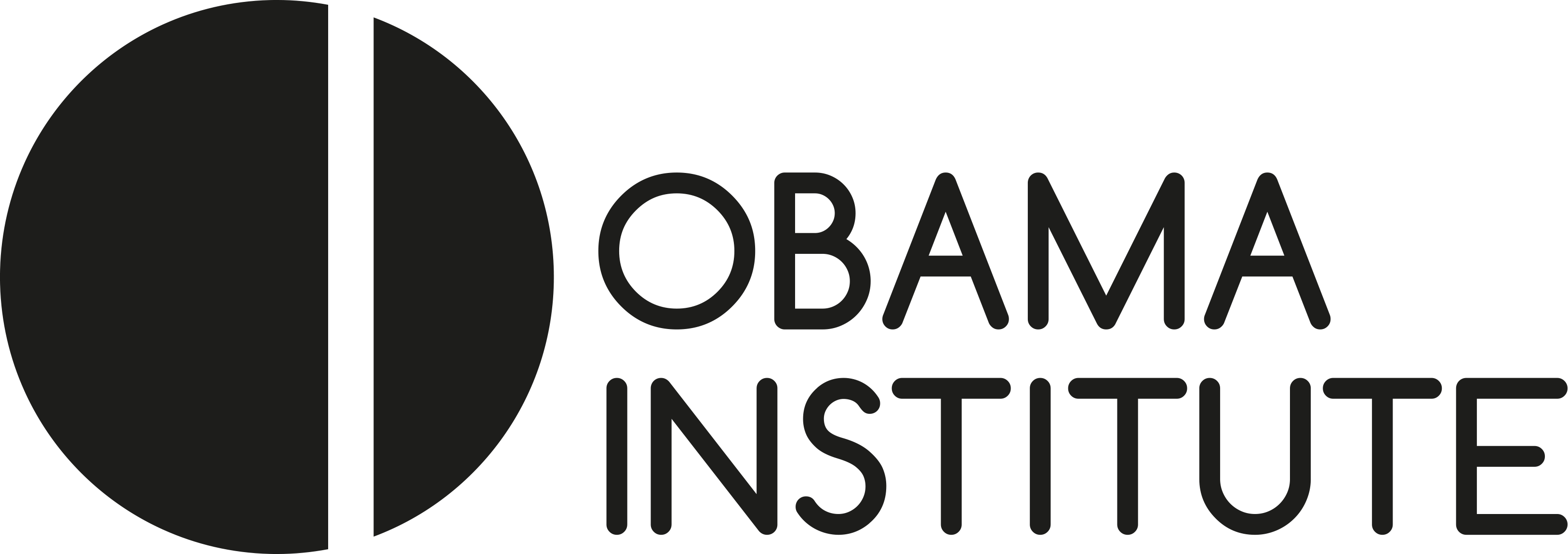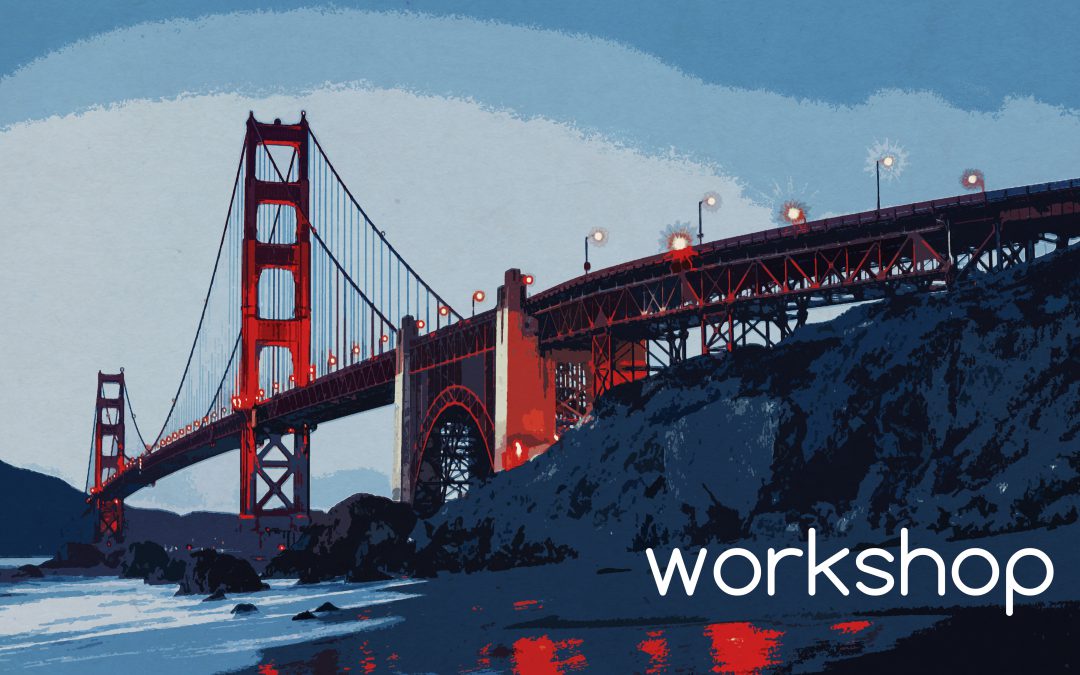“From Confucius to Mickey Mouse”
June 7
11.30 a.m. – 5 p.m.
02.102 (Philosophicum II)
Alfred Hornung (OI), Florian Freitag (OI), and Chang Liu (U of Heidelberg) invite you to a workshop on U.S.-Chinese Transcultural Dynamics.
Please see below for the program and further info or download the flyer here.
PROGRAM
11:30 MAOdonna: On Madonna’s Star Image in China
Chang Liu (Heidelberg)
12:15 Decoding Female Elites: Commodities and Commodified Women in Contemporary Asian TV Dramas
Ruxin Jia (Heidelberg)
14:00 Middle Magic Kingdoms: The Theme Park in China
Florian Freitag (OI)
14:45 The Belt and Road Initiative and Transcultural Communication
Alfred Hornung (OI)
15:30 Survivors or Returnees? Writer Identity Developed in Li-Young Lee
Mohan Ding (Göttingen)
16:15 The Lost Utopia – Photographs of Mount Huang in 1920s and 1930s China
Qiuzi Guo (Heidelberg)
U.S.-CHINESE TRANSCULTURAL DYNAMICS
During the late eighteenth century, the Founding Fathers’ adaptation of Confucian ethics of conduct played a pivotal role in the formation of the American democracy and its public life, as taken up in Ezra Pound’s embracement of Confucius’ ideas and in his Cantos. In the twentieth century, the reception of the aesthetics, politics, and economic strategies of Disney theme parks had a similar impact on the “Disneyfication” of public space in China. These examples illustrate the longevity, the variety, but also the multi-directionality of U.S.-Chinese cultural relations. Within the various transnational networks spanning the Pacific Rim, relations between the U.S. and China have always played a special role, inspiring such concepts as “Chimerica” (Ferguson/Schularick; with an emphasis on economic and political aspects) and “ChinAmerica” (Hornung; with a focus on intercultural relations). The two cannot be easily separated, however, as politics and the economy have provided the legal framework and the material resources for cultural interactions and culture has profoundly determined the protocols of political and economic encounters. “From Confucius to Mickey Mouse: U.S.-Chinese Transcultural Dynamics” therefore inquires not only into particular instances of cultural exchanges between China and the United States, but also into their legal, economic, logistical and infrastructural, as well as medial underpinnings and consequences.Issues addressed during the workshop thus include: Who were the actors and interpersonal networks behind these transcultural dynamics and what motivated and drove, but also hindered their various ventures? Which media sustained U.S.-Chinese transcultural relations and how did their specific (im)materiality, media logics, and regulation impact these cultural exchanges? What was the reception and the impact of transcultural dynamics between China and the U.S. in China, America, and elsewhere? And finally, what is the role of the Confucius Institutes and how does the Trump administration promote Chinese leadership in the 21st century?

